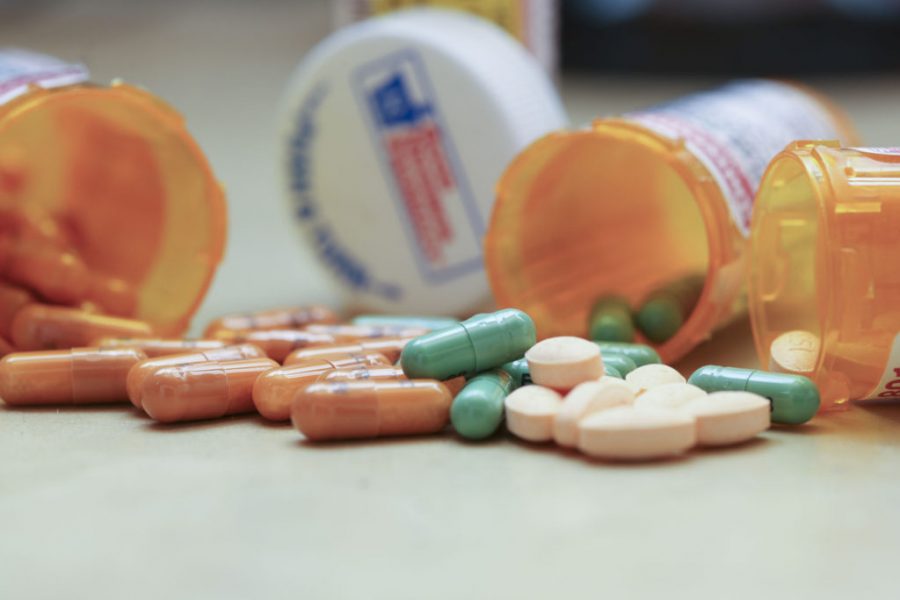Last weekend I was watching a college football game when I heard that the star player’s little brother had recently passed away. This caught my attention, and I promptly took out my phone to consult Google for details. The first few links I clicked on were eerily void of information. A knot of apprehension immediately formed in my stomach, which grew with each subsequent report until finally I confirmed my original fear: he had overdosed on drugs.
This has become tragically common. Last year the Drug Enforcement Agency (DEA) announced that drug overdose deaths passed car accidents and firearm related deaths to become “the leading cause of injury death in the United States.”
Overdose deaths, especially from prescription drugs and heroin, have steadily increased for a decade. Until recently, however, this trend has received next to no news coverage when compared to its less deadly peers — gun violence, for example — despite being less politically divisive. Why?
While most Americans likely know somebody who has lost a loved one to drug use, it remains a difficult topic to discuss openly. Every year, thousands of eulogies are scrubbed clean to avoid shame. In this arena, “drug” is perhaps the most unspeakable of all four-letter words.
This is due at least in part to the persistent view, common across the U.S., that drug addiction is a moral failing rather than a medical disease based in biochemical processes and imbalances. This needs to change.
We are all vulnerable. Shady drug deals in dark alleys, while not entirely extinct, is no longer the norm. Addiction can just as easily come to life in an innocent visit to the doctor’s office.
A lot can be done to combat the drug addiction epidemic — expanding Medicaid in Utah to give the poorest among us access to medical care and rehab services would certainly help. Training law enforcement agents and judges to treat drug offenders as patients in need of medical attention rather than criminals is important, too. Doctors need to be more responsible when writing prescriptions.
However, before any of these initiatives can be truly successful, we need to change the way we talk about drug overdoses. Addiction needs to be destigmatized and news of overdoses in our communities met with compassion rather than judgment. We need to bring the topic of drug addiction out of the shadows and give it the public attention it demands.


